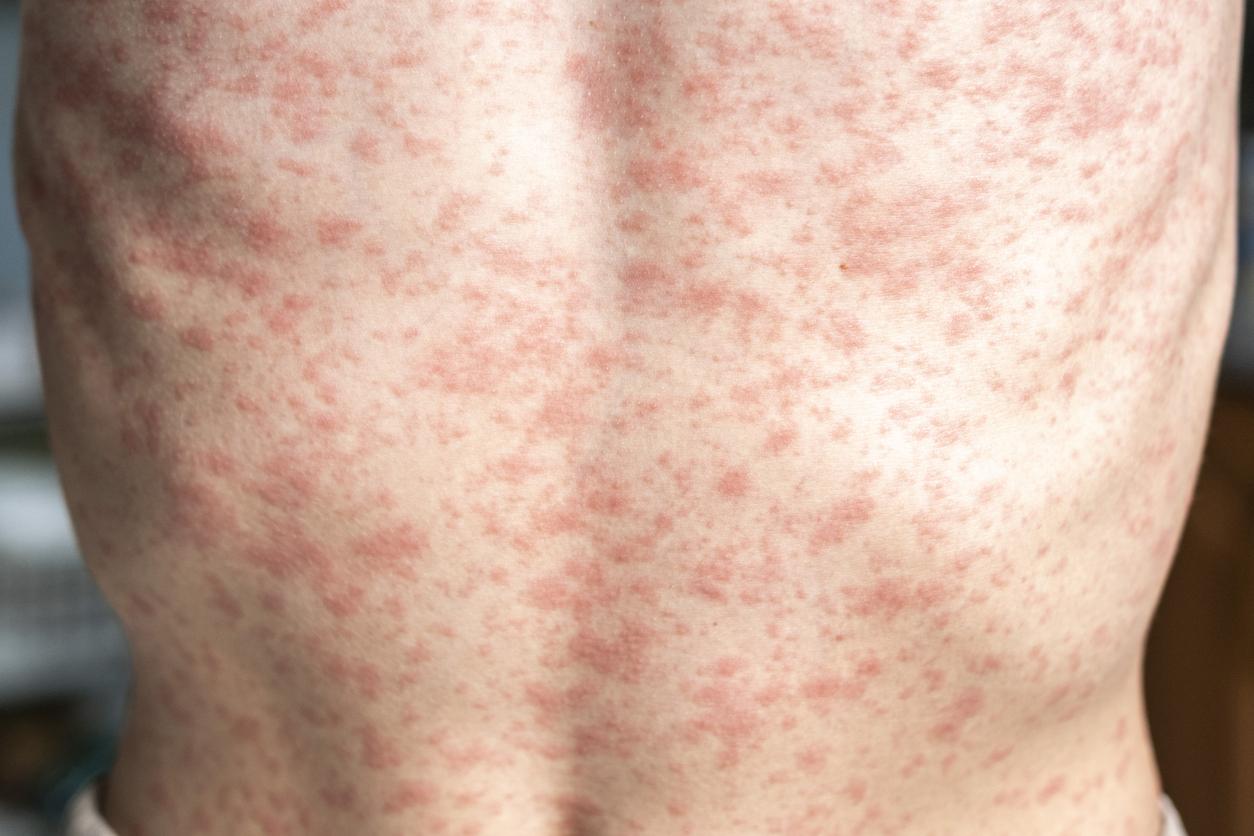Autism spectrum disorder is not limited to the obvious signs that we can observe.

- Autism is a neurodevelopmental disorder that manifests itself in early childhood, usually around the age of 2.
- Several signs can suggest an autism spectrum disorder, such as limited interactions with others, hypersensitivity to certain sensory stimuli or even strong anger.
- Early detection of ASD is important to allow children to have appropriate support and thus develop their social skills.
Autism spectrum disorder (ASD) is a neurodevelopmental disorder that manifests itself in early childhood, usually around age 2. While it affects different aspects of a child’s development, there are lesser-known signs that can suggest it and allow for earlier detection.
Pay attention to the lesser-known signs of ASD
In addition to some obvious signs of ASD, such as social difficulties and restricted interests, some lesser-known signs deserve special attention:
• Moments of intense frustration whose cause may be difficult to determine. These strong angers may result from the frustration of not being able to communicate their needs and desires effectively.
• Limited interactions with others. Often linked to their difficulties establishing social connections or understanding the emotions of others, children affected by ASD can seem withdrawn. They then have difficulty expressing their own emotions appropriately.
• Hypersensitivity to certain sensory stimuli. They may therefore have difficulty tolerating outings, novelty, transitions, unexpected events, certain types of lighting and noise, or even materials or colors. This sensitivity makes them anxious and provokes unexpected reactions.
• Non-verbality. Some children may have difficulty or a complete lack of expression through language. This does not necessarily mean that they do not understand what is happening around them, many understand much more than they can say.
The importance of early detection
Early detection of ASD is crucial to providing affected children with appropriate support and early interventions. The earlier the disorder is identified, the sooner the child can begin to receive the help he or she needs to develop social and communication skills.
If you have any doubts, do not hesitate to discuss it with everyone in regular contact with your child, and to consult the attending physician, pediatrician, or even a child psychiatrist.
Find out more: www.autisminfoservice.fr


















